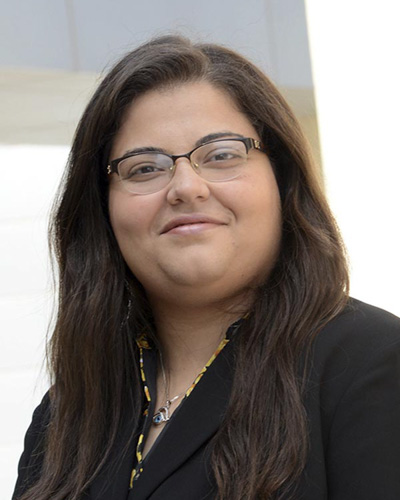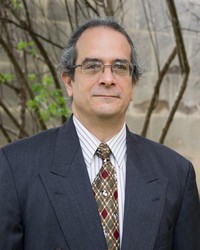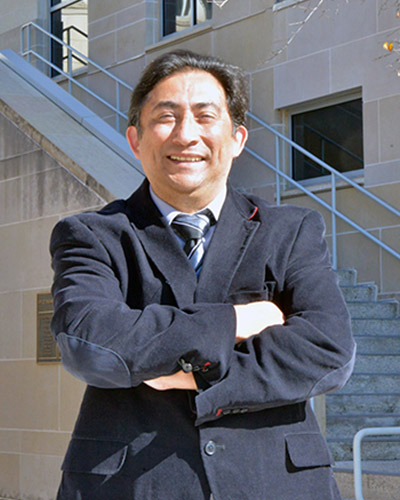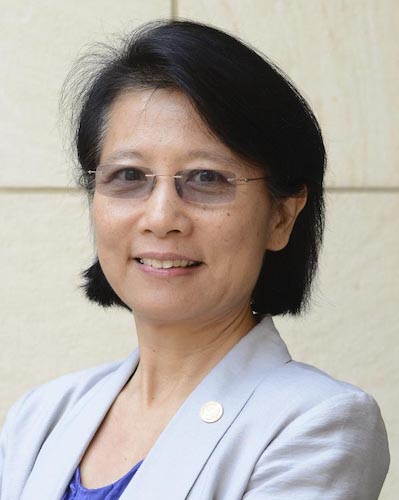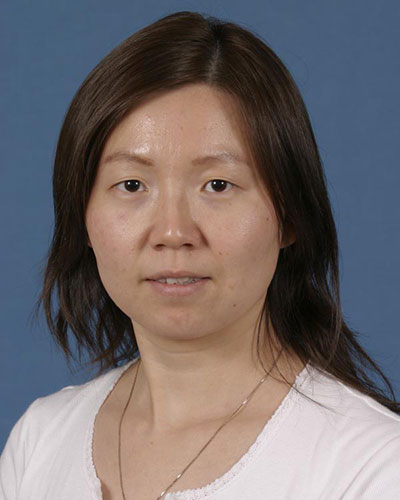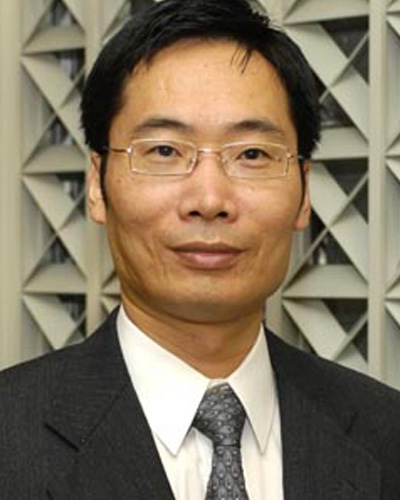The Department of Electrical Engineering (EE) is the perfect place for students who are passionate about technology and innovation. From the minute electrical signals of microvolts in an electroencephalogram to the massive power of megavolt electronics, and from computer hardware to software, as well as artificial intelligence, robotics, electric vehicles, UAVs, communication systems and networks, IoT, and cybersecurity, anything using or generating electricity, we have it all!
Our experienced and knowledgeable faculty members are dedicated to providing students with a hands-on learning experience that prepares them for success in the real world. We have state-of-the-art laboratories and equipment that enable students to work on exciting projects, collaborate with their peers, and gain valuable industry experience. The EE Department is the ideal place for students who want to make a difference in the world through technology and innovation. Join us today and become part of a community that is shaping the future!
Meet our EE Students:
Department Information
- Main Office: Biotechnology Science and Engineering Building (BSE), Room 1.500
- Phone: 210-458-6482
- Fax: 210-458-6475
- Office Hours: Monday thru Friday | 8 a.m. to 5 p.m.

Latest News
Read All News Stories
December 8, 2025
Engineering student set to graduate in December seized every opportunityPublished by UT San Antonio Today

November 3, 2025
Klesse College Professor Will Help Shape Health and AI Policy with Congressional FellowshipPublished by Sean M. Wood
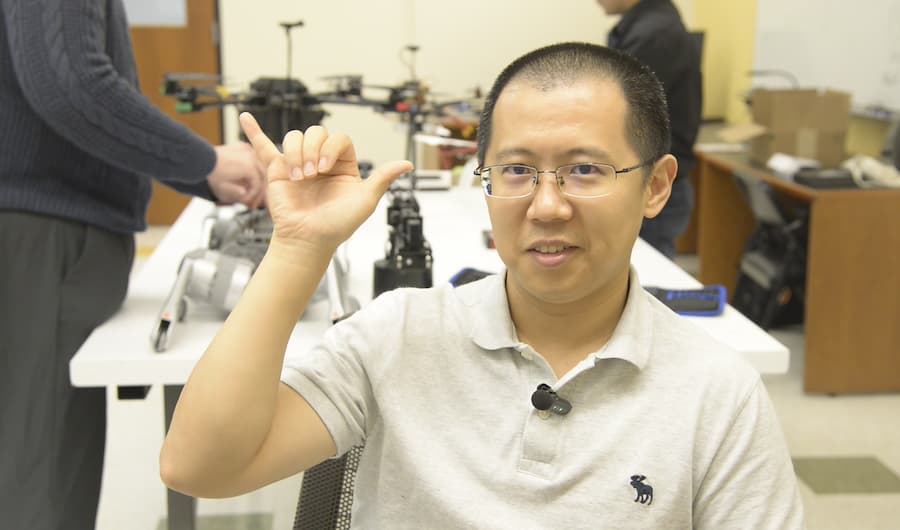
Have an inquiry about our program?
We appreciate your interest in the Department of Electrical Engineering at UT San Antonio and extend our warmest welcome to you from the Department.

